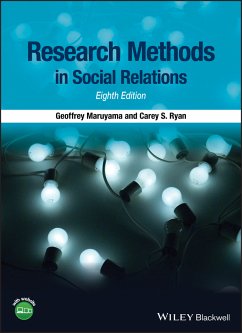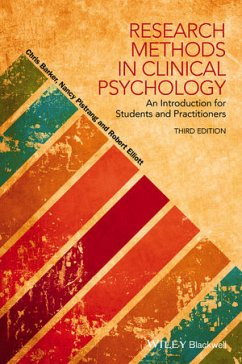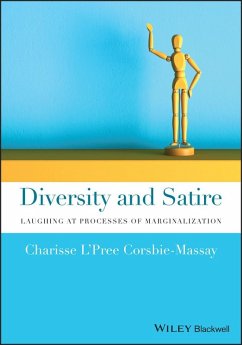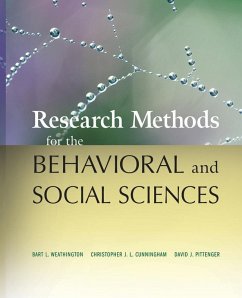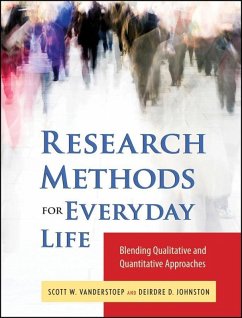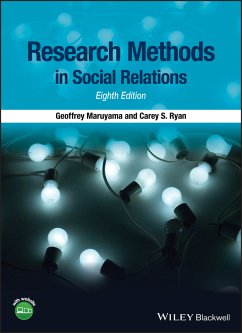
Research Methods in Social Relations (eBook, PDF)
Versandkostenfrei!
Sofort per Download lieferbar
116,99 €
inkl. MwSt.
Weitere Ausgaben:

PAYBACK Punkte
0 °P sammeln!
Research Methods in Social Relations, 8th Edition, features a series of updates and revisions in its comprehensive introduction to current research methods in the social and behavioural sciences. * Offers comprehensive coverage of a wide variety of traditional and topical research methods * Addresses many newer research approaches such as propensity score matching, mixed methods designs, and confirmatory factor analysis * Written to be accessible to a range of social and behavioural science disciplines, including public health, political science, sociology, and psychology * Includes new chapte...
Research Methods in Social Relations, 8th Edition, features a series of updates and revisions in its comprehensive introduction to current research methods in the social and behavioural sciences. * Offers comprehensive coverage of a wide variety of traditional and topical research methods * Addresses many newer research approaches such as propensity score matching, mixed methods designs, and confirmatory factor analysis * Written to be accessible to a range of social and behavioural science disciplines, including public health, political science, sociology, and psychology * Includes new chapters that engage readers in critical thinking about the processes involved in building sustainable partnerships in field and community settings * The Companion website includes an array of resources for Instructors, including Test Banks, Power Point lecture slides, discussion questions and exercises * This new edition is the much-anticipated follow-up to 2001's seventh edition by Hoyle, Harris and Judd
Dieser Download kann aus rechtlichen Gründen nur mit Rechnungsadresse in D ausgeliefert werden.




